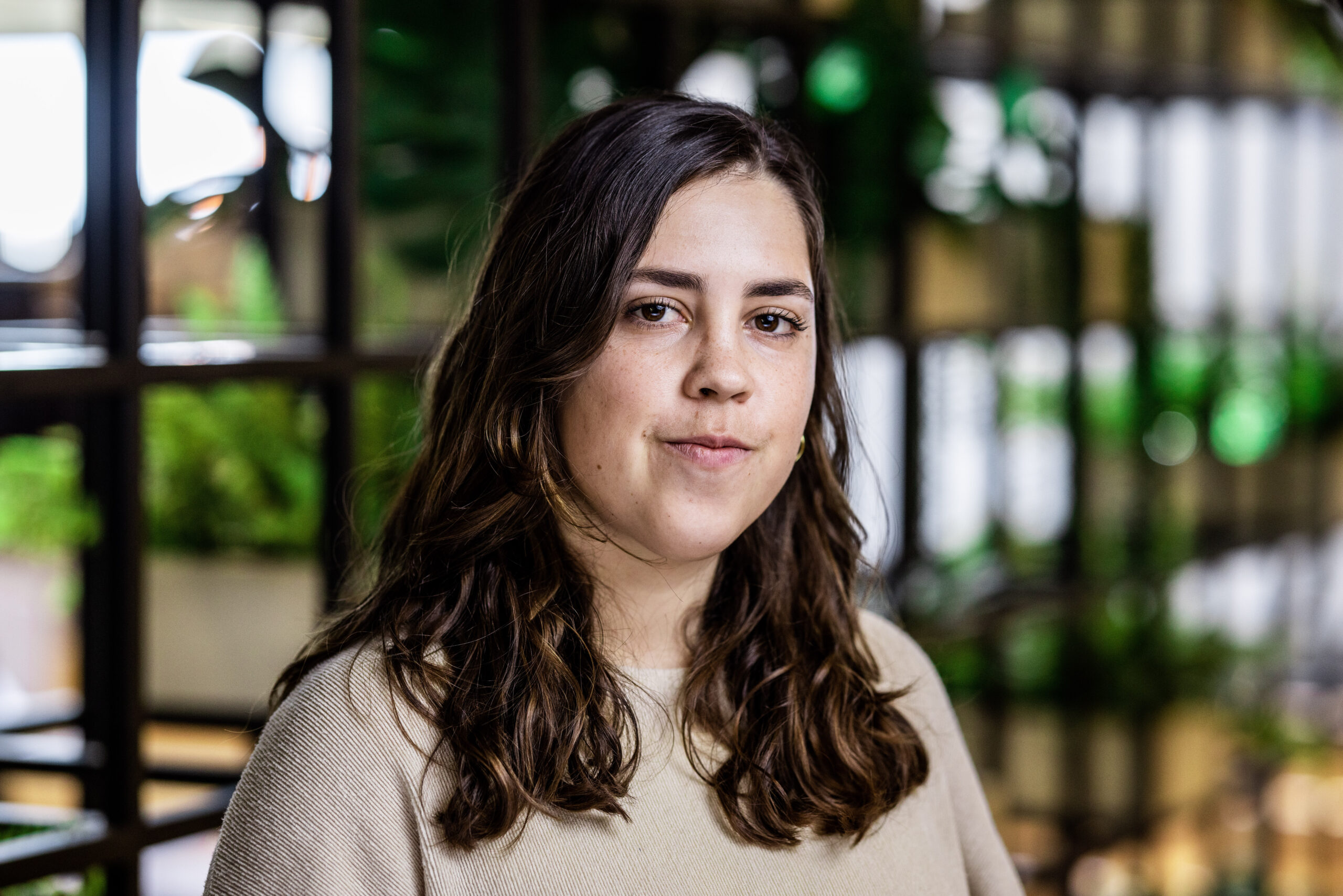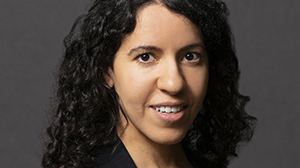In 2012, Isabel first started to realize she didn’t fully understand economics. She had recently obtained a degree in psychology and was working toward a master’s in rehabilitation counseling at The University of Texas at El Paso, so economics had never been a field of study for her. Her curiosity was sparked though as she began to realize that there were multiple opposing perspectives considering solutions to poverty, debt, and national spending.
She decided to check out The Law by Frédéric Bastiat, and she was surprised to learn that a slim book published in 1850 still held many truths for modern economics. Around the same time, she decided to start a Young Americans for Liberty chapter on her campus.
When she attended the Young Americans for Liberty’s national conference, she was introduced to more ideas from economists like Bastiat and Friedrich Hayek and consequently realized that her master’s program wasn’t fulfilling her intellectual curiosity.
I started to realize that I cared more about the things that I was doing for free, like running my Young Americans for Liberty chapter, rather than my master’s program.
“My master’s program wasn’t that demanding,” Isabel notes. “Of course, it demanded time, but the work came easily to me. I started to realize that I cared more about the things that I was doing for free, like running my Young Americans for Liberty chapter, rather than my master’s program. I started looking through all of the fliers that I had gotten from the conference, and one was for the Charles Koch Institute’s educational programs. It emphasized economic freedom and well-being, and the Institute offered paid opportunities. I knew that if I got accepted, it would change my career path.”
Isabel’s participation in the Koch Internship Program marked the beginning of a new chapter in her life. And although she enjoyed the work that her internship required, she recalled the classroom discussions, reading groups, and lectures as the most compelling part of the experience: “I enjoyed meeting intellectual people who had a sense of humor, who cared about the things that I cared about. I realized I would light up during classroom discussions.”
Isabel’s realization that she loved being in the classroom more than her daily work lead her to recognize that she did want to pursue an advanced degree, just not one in psychology. She started to consider pursuing a doctorate in economics but was concerned that her lack of math skills would be a problem. However, one of her classmates in the internship program helped convince her to go for it. “He helped me realize that if this is something I feel passionate about, I should at least try.”
Isabel’s passion was necessary for her to undertake the process of applying for a doctoral program, which required her to take a few post-baccalaureate courses as prerequisites. Her hard work paid off, though, when she was accepted into the economics program at George Mason University. “I really liked George Mason because they took into account not just paper qualifications but what I said,” explains Isabel. “They could perceive my passion and the fact that my goal was to improve people’s lives.”
While Isabel’s classes were both challenging and fascinating, she realized after two semesters that her professional goals did not necessarily require a doctorate. In one of her courses on global development, she read a book by William Easterly, an economist who used to work with the World Bank. Isabel explained how Easterly’s work was very similar to some of Hayek’s writings that she had read as a part of the Koch Internship Program. “Easterly wrote about how the top-down model was doing more harm in certain situations and how you need to go and speak with the people you’re trying to help to understand what they really need. I thought working at the World Bank would be a wonderful career goal if I were working with someone like Easterly, although he no longer works there.”
With more concrete career goals, Isabel turned to her advisers at George Mason, who encouraged her to look into The Catholic University of America’s graduate program in integral economic development policy. The program seemed like a perfect fit: The program’s master’s thesis requires students to develop an intervention for economic development, potentially in other countries.
After she connected with the chair of Catholic’s School of Business and Economics, Isabel knew the program would be right for her. Her classes were still challenging, but she particularly enjoyed how they focused not only on how to bring people out of poverty, but also on questions of human dignity, ethics, and philosophy.
Even though she didn’t realize it at the time, Isabel’s participation in the Koch Internship Program in 2013 would change her career path for good. Now a graduate of Catholic University, Isabel realizes that one of the biggest lessons she learned through the program was to have the confidence to change plans and take risks, especially when such actions can lead to a big payoff.


